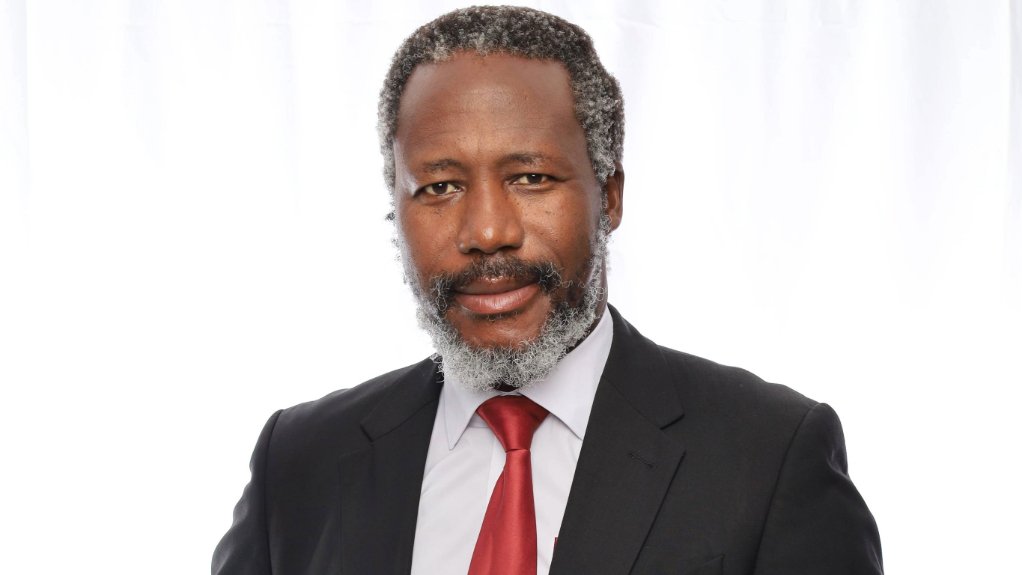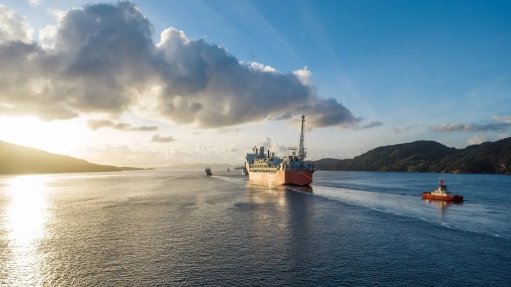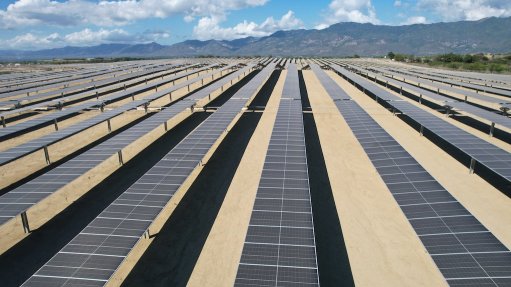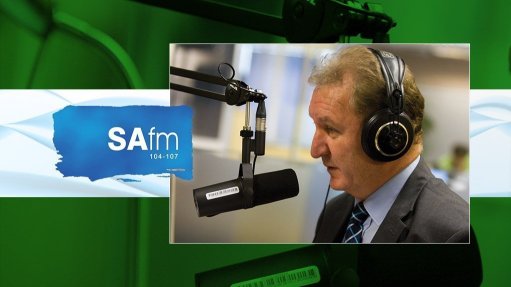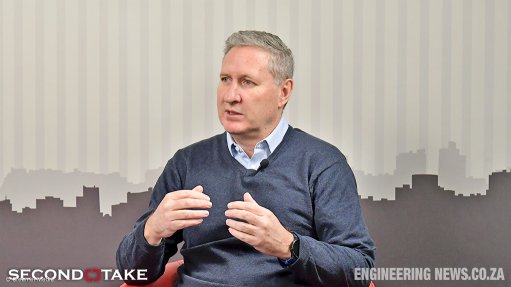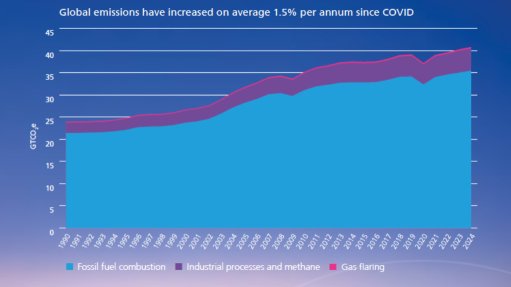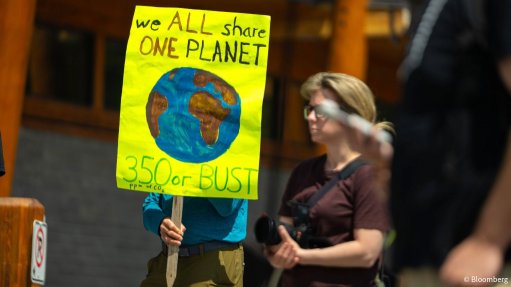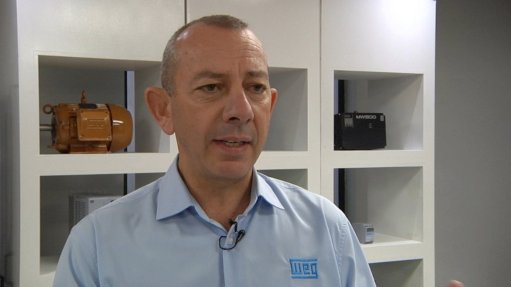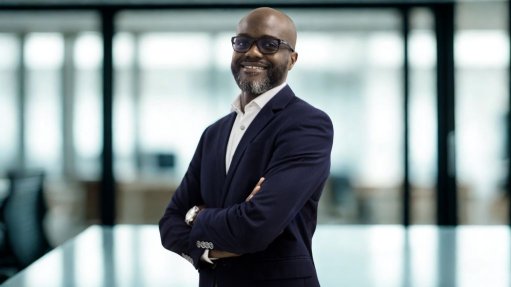Unshackling African cities: Why Africa’s cities need the power to fund themselves
This article has been supplied and will be available for a limited time only on this website.
By: Alex Mabunda - CEO of Ntiyiso Consulting Group
Africa is urbanising rapidly. According to Africa’s Urbanisation Dynamics 2025 (an OECD report), our cities will house 1.4 billion people by 2050 – twice today’s number. But this growth is happening in cities that lack the financial power to shape their own futures.
Most African cities struggle to raise revenue, borrow money or spend capital at scale. They depend on national governments for funding and long-term planning, and are often stuck waiting for slow or limited budget allocations.
This has real consequences. Cities struggle to build the roads, housing, power, sanitation or public transport their growing populations need. Climate change makes this worse. Flooding, drought, heatwaves and other climate shocks are hitting cities harder and more often, damaging infrastructure and draining already scarce resources. Cities must now build infrastructure that is not only bigger, but also more resilient and climate-smart.
Yet they lack the tools to act, even when the need is urgent.
The Urban 20 (U20) brings together mayors from major G20 cities to inform the discussions of national leaders at the G20 Summit, to be held in Johannesburg in November. The recent African Mayors’ Assembly in Tshwane – held under the Urban 20 banner and hosted for the first time on African soil – crystallised this challenge into a single question: How do we finance the infrastructure that 1.4-billion urban Africans will need when our cities lack the basic authority to raise and deploy capital?
Some cities, such as Johannesburg and Nairobi, have working systems, but they’re stretched. Others are building from scratch. Across the continent, the scale of need is vast.
According to the African Development Bank, Africa needs $130-billion to $170-billion annually for infrastructure. However, international lenders typically require three things before they finance city projects: steady revenue streams, a proven ability to repay loans and established institutions. Most African cities don’t meet these criteria, creating a catch-22 situation: they need infrastructure to generate revenue, but need revenue to finance infrastructure.
That’s why we’re pleased that leaders at U20 met to craft an African G20 strategy that addresses burning issues and is built on lived realities, not Western blueprints.
At the heart of the discussions was one recurring theme: devolution of fiscal power. In simple terms, this means giving cities more control over their own money. Local governments across Africa are stuck in outdated, centralised funding systems. National governments still control the purse strings. Cities must wait for budget allocations, which limits their ability to plan, borrow or build at the pace their people need.
This creates a major bottleneck. Without fiscal authority, cities can’t enter financing partnerships, tap capital markets or respond to urgent infrastructure demands. They’re effectively locked out of the investment space.
A collective call emerged from the Assembly, voiced in a letter signed by dozens of mayors and directed at African finance ministers: Unshackle us. Give cities real fiscal authority – the power to raise, manage and spend revenue, access capital markets and forge financing partnerships. Without this, talk of climate finance and urban resilience is just that – talk.
African cities also need new financial models grounded in our realities, not copy-pasted solutions from Europe or North America. What works in London or Washington cannot simply be transplanted to Maputo or Lusaka. Our models must factor in informal development, youth unemployment, weak revenue bases and uneven infrastructure legacies.
At Ntiyiso Consulting Group, we have seen what works. Cities that build, digitise revenue collection and improve service delivery can unlock local capital. Municipal bonds, blended finance and public-private partnerships are possible if cities are empowered to plan and account.
African cities also need an “Urban African Union” of sorts – a regional coordination mechanism that allows cities to learn from each other’s innovations and speak with a collective voice to international partners. The financing gap is too large for individual cities to bridge alone, but collective action could unlock new opportunities.
The U20 Assembly was significant because it articulated a new approach to African urban development. Cities that control their fiscal destiny can plan for long-term growth, while cities that depend on national budget allocations remain reactive to crises.
The next phase requires specific policy changes: constitutional amendments that guarantee municipal fiscal authority. We need regional frameworks that support cross-border collaboration. And we need international partnerships that strengthen local capacity rather than bypass it.
African cities are not broken versions of Global West municipalities – they are different economic entities that need different tools. The U20 summit began articulating what those tools might look like. The question now is whether African governments have the political will to provide them.
By 2050, the success or failure of African cities will largely determine the trajectory of the global economy. Getting urban financing right is a global necessity.
Comments
Press Office
Announcements
What's On
Subscribe to improve your user experience...
Option 1 (equivalent of R125 a month):
Receive a weekly copy of Creamer Media's Engineering News & Mining Weekly magazine
(print copy for those in South Africa and e-magazine for those outside of South Africa)
Receive daily email newsletters
Access to full search results
Access archive of magazine back copies
Access to Projects in Progress
Access to ONE Research Report of your choice in PDF format
Option 2 (equivalent of R375 a month):
All benefits from Option 1
PLUS
Access to Creamer Media's Research Channel Africa for ALL Research Reports, in PDF format, on various industrial and mining sectors
including Electricity; Water; Energy Transition; Hydrogen; Roads, Rail and Ports; Coal; Gold; Platinum; Battery Metals; etc.
Already a subscriber?
Forgotten your password?
Receive weekly copy of Creamer Media's Engineering News & Mining Weekly magazine (print copy for those in South Africa and e-magazine for those outside of South Africa)
➕
Recieve daily email newsletters
➕
Access to full search results
➕
Access archive of magazine back copies
➕
Access to Projects in Progress
➕
Access to ONE Research Report of your choice in PDF format
RESEARCH CHANNEL AFRICA
R4500 (equivalent of R375 a month)
SUBSCRIBEAll benefits from Option 1
➕
Access to Creamer Media's Research Channel Africa for ALL Research Reports on various industrial and mining sectors, in PDF format, including on:
Electricity
➕
Water
➕
Energy Transition
➕
Hydrogen
➕
Roads, Rail and Ports
➕
Coal
➕
Gold
➕
Platinum
➕
Battery Metals
➕
etc.
Receive all benefits from Option 1 or Option 2 delivered to numerous people at your company
➕
Multiple User names and Passwords for simultaneous log-ins
➕
Intranet integration access to all in your organisation



